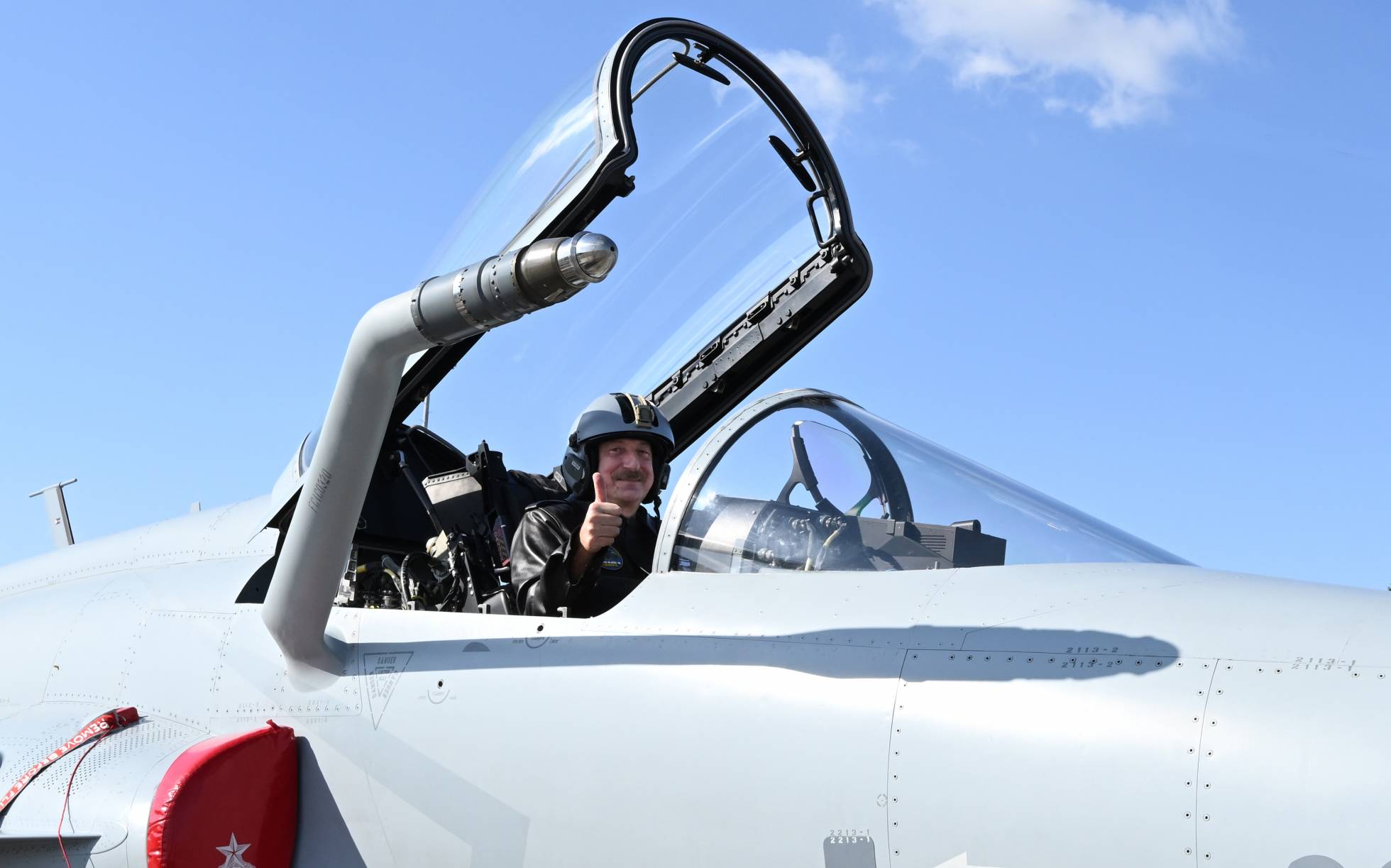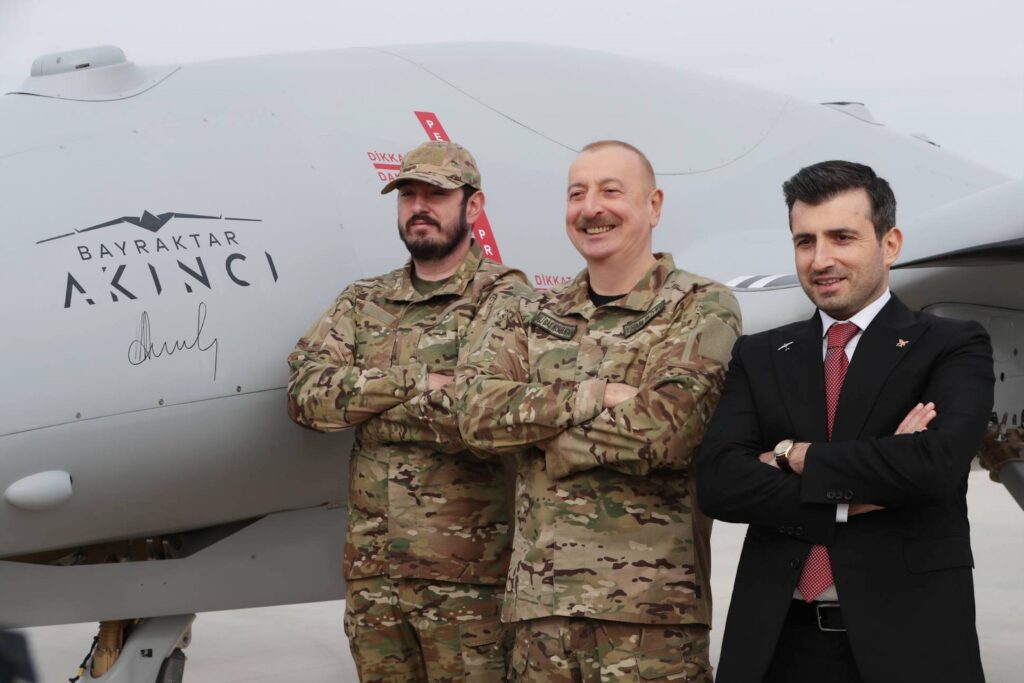
Armenia has announced a 20% increase to military spending in the 2025 budget, as peace talks with Azerbaijan continue.
On Thursday, the government said it would increase the military budget for 2025 to ֏665 billion ($1.7 billion). Military spending will be the second highest budget item, following social spending at around ֏2.9 trillion ($7.5 billion).
Despite the ongoing peace talks, both Armenia and Azerbaijan have continued to invest heavily in their armed forces, as tensions remain.
‘These numbers, if effectively spent, can bring serious capability growth in coming years’, Leonid Nersisyan, a military analyst and research fellow at the APRI Armenia think tank, wrote on X following the announcement.
Nersisyan told RFE/RL that Armenia’s defence spending was at a high point, noting that the country’s military budget had never exceeded $700 million prior to the 2020 Nagorno-Karabakh War.
Nersisyan noted that while Azerbaijan’s military budget was still ‘twice ahead’ of Armenia’s, the gap between them was closing.
‘If we take the 2013 figure, we would have a five or six times smaller budget, for example. Last year, the difference was almost 2.5 times, now [Azerbaijan’s military budget] is twice higher’, he said.
‘A number one priority’
The announcement came as tensions with Azerbaijan continue to flare.
On Wednesday, Azerbaijan took delivery of the first CAC/PAC JF-17 Thunder fighter jet from Pakistan. Azerbaijan has signed a contract to acquire an unknown number of the Chinese–Pakistani developed jets.

Azerbaijan’s military budget has steadily grown since President Ilham Aliyev assumed power in 2003, with the country’s 2025 military budget reaching ₼9.4 billion ($5.5 billion).
On 23 September, in the first parliamentary session of Azerbaijan’s recently elected parliament, Aliyev said that Azerbaijan’s ‘number one priority is to further increase our military strength’.
‘Although the Second Karabakh War and the anti-terrorist operation are now in the past, the processes unfolding in the world — new conflicts, the emergence of war zones, and rising tensions around us, along with revengeful tendencies in Armenia — compel us to keep this area in the spotlight at all times’, he said.

‘Without military power, we cannot succeed in any sphere – neither economic nor political’, he said, adding that ‘without military capability and strength, we would never have been able to liberate our lands from the invaders’.
An arms race amidst peace talks
Armenia and Azerbaijan’s growing investments in their militaries comes as the two countries attempt to reach a long-awaited peace deal.
Armenian officials have since late August pushed for the signing of a framework agreement that contains articles both countries had already agreed upon, with Azerbaijan refusing, accusing Armenia of seeking to leave key parts out of the peace treaty.
Azerbaijan has also continued to regularly accuse Armenia of violating the ceasefire and of opening fire on targets across the border.
Armenia has denied such accusations, or that any exchange of fire has taken place. They have also repeatedly called for a joint mechanism to be set up to investigate the claims, a request dismissed by Azerbaijan.
While continuing to boost its own capabilities, Azerbaijan has been highly critical of Armenian military purchases, with Foreign Minister Jeyhun Bayramov stating that Armenia’s ‘rapid militarisation, including the increase of military support for the country by various states undermine efforts to establish security and stability in the region’.
In early September, Azerbaijan demanded that ‘restrictions’ be imposed on Armenia’s military similar to those imposed on Iraq after its invasion of Kuwait.
Despite the tensions, however, talks have continued. On Thursday, the foreign ministers of Armenia and Azerbaijan met in New York at the initiative of US Secretary of State Antony Blinken. The parties reportedly agreed to put additional efforts towards the conclusion of the peace agreement and establish interstate relations ‘in the shortest possible period’.









